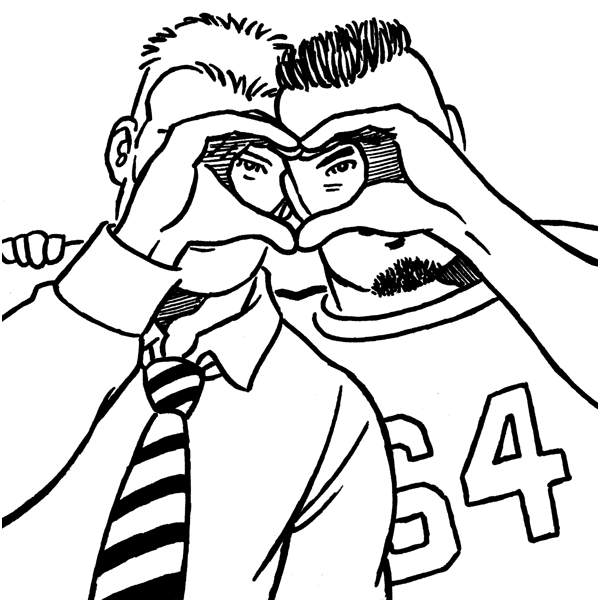A personal blog by a graying (mostly Anglo with light African-American roots) gay left leaning liberal progressive married college-educated Buddhist Baha'i BBC/NPR-listening Professor Emeritus now following the Dharma in Minas Gerais, Brasil.
Thursday, March 3, 2022
Via Daily Dharma: Opening the Hand
By
opening the hand, we let go of whatever was in its grip, and refrain
from grasping something new. With time, meditation practice makes it
easier to choose what to focus on, let go of, linger with, indulge in,
turn away from, enhance, or reiterate.
Jill Satterfield, “Mindfulness at Knifepoint”
CLICK HERE TO READ THE FULL ARTICLE
Via Dhamma Wheel | Right Action: Reflecting upon Verbal Action
Reflecting Upon Verbal Action
|
|
|
|
|
|
|
One week from today: Reflecting upon Mental Action
Share your thoughts and join the conversation on social media
#DhammaWheel
Questions? Visit the Dhamma Wheel orientation page.
Wednesday, March 2, 2022
Via Daily Dharma: Authentic Selflessness
Fulfilling
the true commitment of a relationship is extraordinary, unrelenting
selfless activity. It is one of the most authentic ways that humanity
can experience self-transcendence. This is authentic selflessness, not
the endorphin-intoxicated spiritual trance that some mistakenly think of
as the transcendent experience.
Anam Thubten, “What We Can Learn from the Haunted Ground of Relationships”
CLICK HERE TO READ THE FULL ARTICLE
Via Dhamma Wheel | Right Speech: Refraining from Malicious Speech
Refraining from Malicious Speech
|
|
|
|
|
|
|
One week from today: Refraining from Harsh Speech
Share your thoughts and join the conversation on social media
#DhammaWheel
Questions? Visit the Dhamma Wheel orientation page.
Via Yahia Lababidi / FB
Tuesday, March 1, 2022
Via Dhamma Wheel | Right Intention: Cultivating Compassion
Cultivating Compassion
|
|
|
|
|
|
|
One week from today: Cultivating Appreciative Joy
Share your thoughts and join the conversation on social media
#DhammaWheel
Questions? Visit the Dhamma Wheel orientation page.
Via Daily Dharma: Meditation Is Meditation
Meditation
isn’t about anything: meditation is meditation. Any attempt to define
it in terms of something else simply confuses the issue.
Barry Evans, “The Myth of the Experienced Meditator”
CLICK HERE TO READ THE FULL ARTICLE
Monday, February 28, 2022
via fb
Times are difficult globally; awakening is no longer a luxury or an ideal. It’s becoming critical.
We don’t need to add more depression, more discouragement, or more anger to what’s already here. It’s becoming essential that we learn how to relate sanely with difficult times.
The earth seems to be beseeching us to connect with joy and discover our innermost essence. This is the best way that we can benefit others.
~Pema Chodron
Via Dhamma Wheel | Right View: Understanding the Noble Truth of the Origin of Suffering
Understanding the Noble Truth of the Origin of Suffering
|
|
|
|
|
|
|
One week from today: Understanding the Noble Truth of the Cessation of Suffering
Share your thoughts and join the conversation on social media
#DhammaWheel
Questions? Visit the Dhamma Wheel orientation page.
Via Daily Dharma: Touch Your Potential
We
actually have incredible power over our thoughts—more power than any
one thought has over us. To tap into this power, we need to find the
creative potential for wisdom and of compassion within ourselves.
Martine Batchelor, “How the Buddha Deals with Difficult Thoughts”
CLICK HERE TO READ THE FULL ARTICLE
Sunday, February 27, 2022
Via Dhamma Wheel | Right Effort: Restraining Unarisen Unhealthy States
Restraining Unarisen Unhealthy States
|
|
|
|
|
|
|
One week from today: Abandoning Arisen Unhealthy States
Share your thoughts and join the conversation on social media
#DhammaWheel
Questions? Visit the Dhamma Wheel orientation page.
Via Daily Dharma: A Caring Foundation
We
can’t live ethically without caring about ourselves as well as others.
And we can’t be mindful without caring about what is happening here and
now. Care underpins the radical attention that dharma practice
accentuates.
Winton Higgins, “Treading the Path with Care”
CLICK HERE TO READ THE FULL ARTICLE
Via Listen to this week’s podcasts from the Be Here Now Network
Ram Dass – Here and Now – Ep. 194 – Pitfalls and Providence
February 24, 2022








